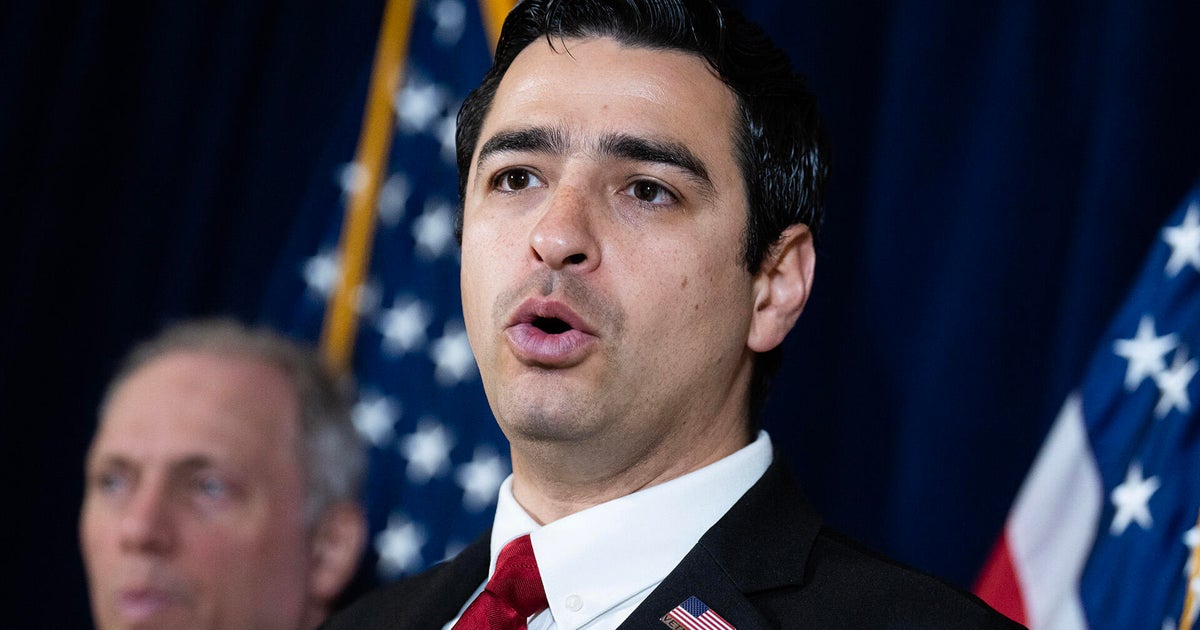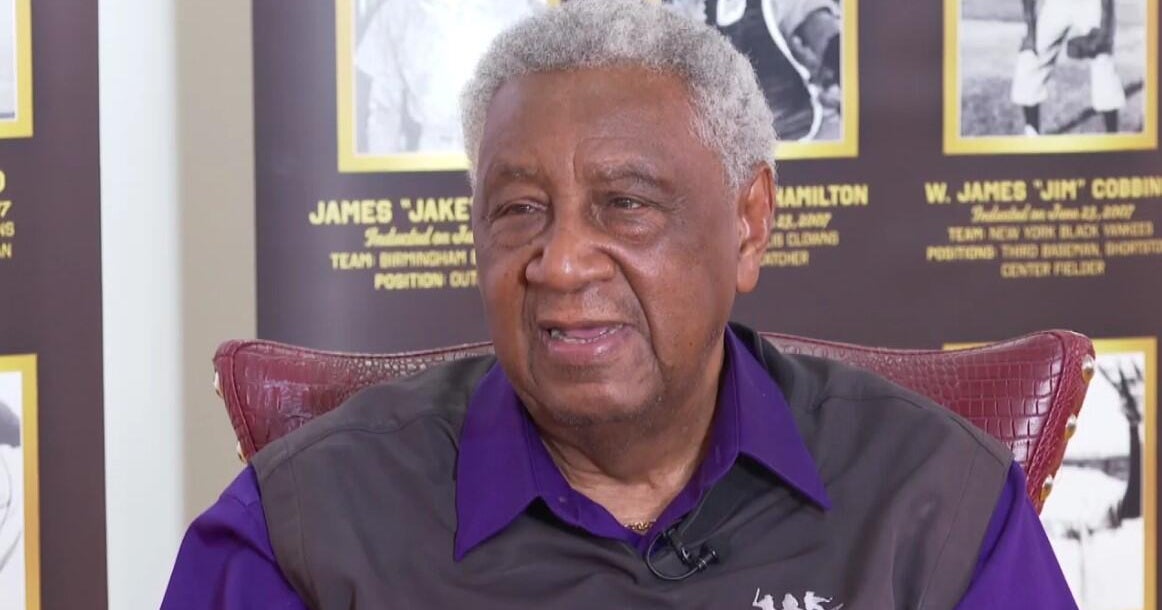Common Core Backlash In Florida Prompts Changes
TALLAHASSEE (CBSMiami/AP) — Florida's new Common Core education standards has some folks fired up so now the Republican-controlled Florida Legislature is pushing through a series of sweeping changes.
But shhh — don't tell anyone this — Common Core isn't really going away in Florida, just the name.
GOP lawmakers are advancing a bill that repeals more than 30 mentions of Common Core that were placed into state law just a year ago.
Some Republicans are also pushing ahead a bill that would mandate school districts adopt their own textbooks even though small school districts are complaining they don't have the money or the time to take over a job typically done at the state level. This comes after some conservatives complained that a high school world history textbook approved by the state gave too much attention to Islam.
The Florida Senate has already passed a far-reaching data security bill (SB 188) that would ban school districts from collecting any type of biometric data, including fingerprints or palm prints, from students or parents. The measure is going to force Pinellas County to scrap a system it's been using to verify that students qualify for free or reduced lunches.
But legislators have refused to jettison Common Core standards. Bills from Republican legislators that called for a pause on putting the standards in place have not been debated during this year's session.
The call for changes came nearly three months after Gov. Rick Scott promised Republicans attending an annual state party convention that officials would respond to complaints about Common Core. Scott's remarks were made a day after a state party caucus passed a resolution opposing the standards.
Top Republicans insist the changes aren't an effort to just answer critics of Common Core.
"I don't think we're walking a fine line, it's common sense," said Sen. John Legg, R-Trinity and chairman of the Senate Education Committee.
Common Core State Standards are a result of an initiative sponsored by the National Governors Association and the Council of Chief State School Officers and have been adopted in 45 states and Washington, D.C.
Opponents see them as the nationalization of education policy and standards, something they say should be left to the states. Supporters contend that having a shared set of standards will allow for a more accurate state-by-state comparison of student performance.
Scott initially backed Common Core standards, which set uniform benchmarks for reading, writing and math. But amid complaints from grassroots conservative groups and activists, Scott called for public hearings last fall and set the groundwork for the state to pull out of a consortium developing a national test to see if school children are meeting the new standards. The hearings generated harsh criticism of the standards from some parents who called them a plan by federal bureaucrats to assert more control over schools.
Earlier this year the state Board of Education made some tweaks to the standards and state officials started calling them "Florida standards."
Former Gov. Jeb Bush, a champion of Common Core, says he doesn't care what the state calls them long as the standards require "critical thinking" among students. He praised Florida legislators for addressing issues such as student data security.
"Unlike other states that have gotten nervous because there's a lot of heat...I'm kind of proud of what Florida has done," Bush said.
That doesn't mean there won't be ramifications from this year's legislative actions.
One of the biggest changes could be whether or not legislators completely eliminate all state review of textbooks and shift complete control to the state's 67 school districts. Part of the impetus was a flare-up in Volusia County over the world history textbook that some parents wanted pulled.
"There is a great deal of legitimate concern about centralization of education, and that's been a lot of pushback in our struggle with our standards," said Rep. Dennis Baxley, R-Ocala. "This is an effort to decentralize the process a little."
School districts and superintendents have raised alarms about the legislative proposal and the potential costs. The House version of the textbook bill (HB 921) was amended on Tuesday to let school boards decide whether to review instructional materials at the local level.
But the revamped legislation sponsored by Rep. Matt Gaetz, R-Fort Walton Beach, would require a public hearing before final adoption.
"We should set the bar as high as we can but then trust the districts to pick the materials to get them there," Gaetz said.
(TM and © Copyright 2014 CBS Radio Inc. and its relevant subsidiaries. CBS RADIO and EYE Logo TM and Copyright 2014 CBS Broadcasting Inc. Used under license. All Rights Reserved. This material may not be published, broadcast, rewritten, or redistributed. The Associated Press contributed to this report.)







